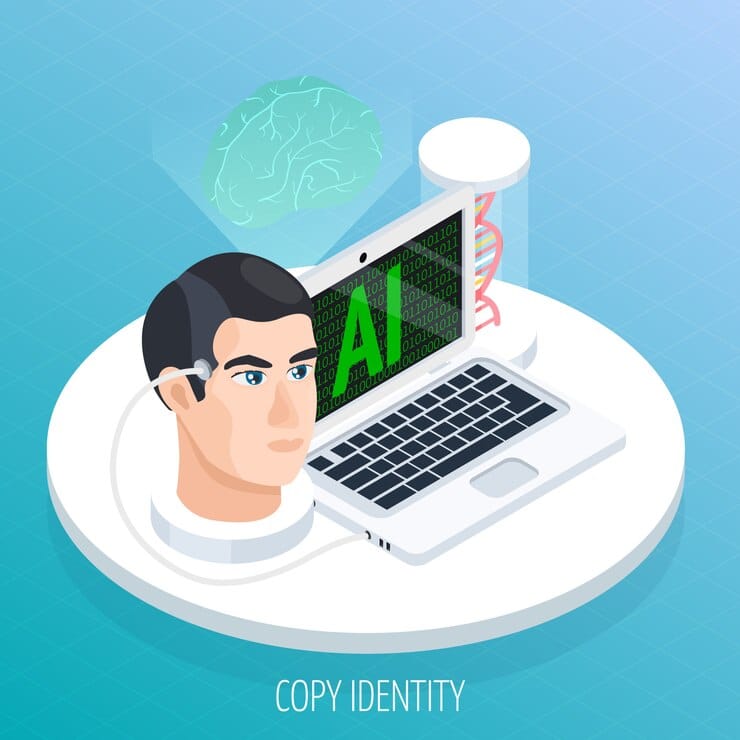The Role of Technology in Modern Medical Billing
Medical billing has undergone a significant transformation with the advancement of technology. Traditional, paper-based billing processes were slow, error-prone, and required extensive manual effort. Today, technology-driven solutions have streamlined the revenue cycle management (RCM) process, ensuring faster claims processing, improved accuracy, and enhanced compliance with regulatory requirements.
In this blog, we’ll explore the various technological advancements revolutionizing medical billing and how they are improving efficiency, reducing costs, and maximizing reimbursements for healthcare providers.
1. Automation in Medical Billing
Automation has been a game-changer in medical billing. AI-powered software and machine learning algorithms are now widely used to automate repetitive tasks, such as claims submission, payment posting, and denial management.
Key Benefits of Automation in Medical Billing:
✅ Reduced Human Errors – AI-driven coding helps ensure proper CPT and ICD coding, reducing claim denials.
✅ Faster Processing – Automated claim submissions significantly reduce turnaround time.
✅ Cost Savings – Reducing manual work lowers administrative costs and increases efficiency.
By integrating RPA (Robotic Process Automation), healthcare organizations can further enhance billing efficiency by minimizing human intervention in billing workflows.
2. AI & Machine Learning in Medical Coding and Billing
Artificial Intelligence (AI) and Machine Learning (ML) have improved medical billing accuracy through predictive analytics, automated coding suggestions, and intelligent claim scrubbing. These technologies analyze past claim data to detect patterns, helping billing teams reduce errors and improve compliance.
How AI is Transforming Medical Billing:
- Automated Medical Coding: AI-driven solutions suggest the most appropriate billing codes, reducing claim rejections.
- Real-Time Claim Scrubbing: AI flags errors before claims are submitted, increasing approval rates.
- Denial Prediction & Prevention: AI can predict claim denials based on historical data and suggest preventive measures.
With AI-powered analytics, medical billing companies can enhance revenue cycle performance and optimize reimbursements.

3. Cloud-Based Medical Billing Solutions
Cloud-based medical billing systems have revolutionized the way healthcare providers manage billing processes. Unlike traditional on-premise software, cloud-based solutions provide real-time access to billing data, seamless integration with EHRs, and enhanced security.
Advantages of Cloud-Based Billing Software:




Popular cloud-based medical billing platforms like Kareo, AdvancedMD, and DrChrono offer comprehensive billing solutions that improve efficiency and accuracy.
4. Electronic Health Records (EHR) & Billing Integration
The integration of Electronic Health Records (EHR) with medical billing software has streamlined billing workflows by ensuring seamless data exchange between healthcare providers and billing teams.
Benefits of EHR Integration in Medical Billing:



EHR integration helps medical practices save time, enhance accuracy, and ensure regulatory compliance.
5. Blockchain in Medical Billing
Blockchain technology is emerging as a secure and transparent solution for medical billing. It provides tamper-proof records, enhances security, and prevents fraudulent activities in healthcare transactions.
How Blockchain Enhances Medical Billing:



While still in its early stages, blockchain has the potential to revolutionize medical billing transparency and security.
6. Real-Time Insurance Eligibility Verification
One of the biggest challenges in medical billing is insurance eligibility verification. Traditionally, verifying patient insurance details was a time-consuming process. With real-time eligibility verification systems, providers can instantly check insurance coverage, reducing claim denials.
Why Real-Time Eligibility Verification is Important:



With automated insurance verification tools, medical billing companies can ensure that services are covered before they are provided, minimizing revenue losses.
7. Telemedicine Billing & Compliance
With the rise of telemedicine, medical billing systems have evolved to handle virtual consultations, remote patient monitoring, and digital health services. However, telemedicine billing comes with unique challenges, such as different payer policies, state regulations, and coding requirements.
How Technology is Improving Telemedicine Billing:



As telehealth continues to grow, billing technology must adapt to meet the changing landscape of virtual care.
Conclusion
Technology has transformed medical billing from a manual, time-consuming process to an automated, efficient, and error-free system. With AI, automation, blockchain, cloud-based solutions, and EHR integration, healthcare providers can enhance efficiency, improve revenue cycle management, and maximize reimbursements.
By embracing these technological advancements, healthcare organizations can reduce administrative burdens, improve financial performance, and deliver better patient experiences.
Is Your Medical Billing System Ready for the Future?
If you’re looking to upgrade your medical billing process with the latest technology, our experts can help. Contact us today to learn how we can optimize your revenue cycle management with cutting-edge solutions!


